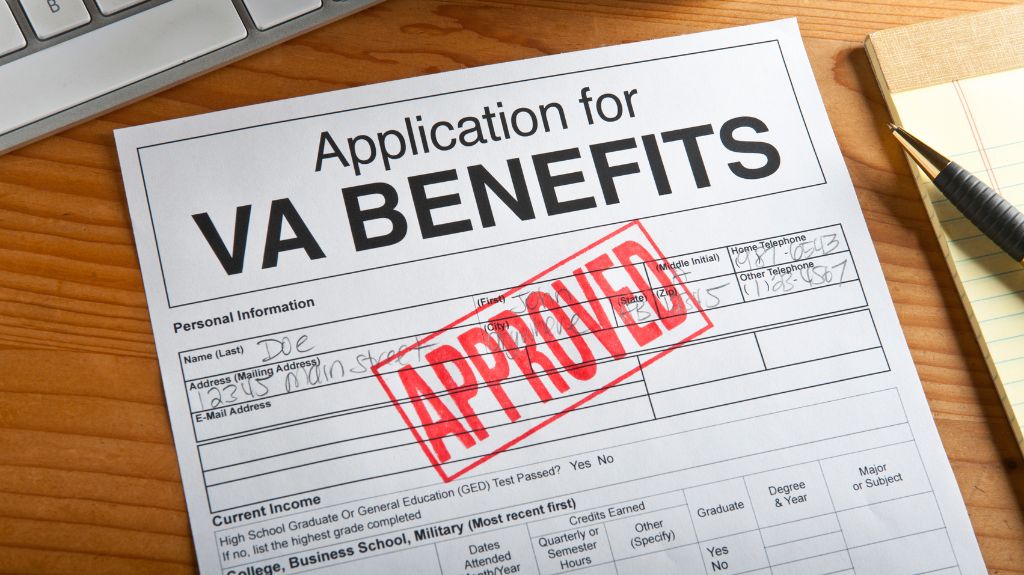
It can be difficult to navigate the world of veteran disability benefits provided by the U.S. Department of Veterans Affairs (VA) and it can be a common source of frustration and confusion for veterans who receive these benefits. With tax season in full swing, many veterans are asking – are VA disability benefits taxable? This question is particularly relevant when planning your finances and budgeting for the future. While the answer is pretty straightforward, there are some nuances to consider and we hope this guide will highlight the tax implications of VA disability benefits, and shed light on situations where seeking guidance from Veterans Law Attorneys might be beneficial.
Can VA Disability Pay Be Taxed?
Can VA disability pay be taxed? The short answer – No. VA disability compensation is a tax-free benefit for veterans with a service-connected injury, illness, or medical condition that have been approved by the U.S. Department of Veterans Affairs. This benefit is intended to help veterans cope with the financial hardships caused by service-connected disabilities that result in an impaired ability to live and work. There may be some rare exceptions – such as certain disability payments received in tandem with military retirement pay. If your situation is complex and you continue to have questions about your disability benefits and taxes, Veterans Law Attorneys can provide you with the legal help you may need.

In addition to veteran disability compensation – many veterans and their families are unaware of the financial support available through the Department of Veterans Affairs. Dependency and Indemnity Compensation (DIC) and Special Monthly Compensation (SMC) are two tax-free benefits that can provide significant financial assistance. Dependency and Indemnity Compensation is offered to surviving family members of veterans whose death is service-connected.
Special Monthly Compensation provides additional compensation to veterans with certain service-related disabilities that qualify for a VA disability rating. For veterans – this is additional compensation when there are special circumstances, like the loss of use of a hand or leg, and veterans need aid from another person or family member. For spouses – SMC is most often referred to as Aid and Attendance and is paid when they are responsible for the care of a disabled veteran. These tax-free benefits can help ease the financial burden on veterans and their families, offering critical support as they navigate life after military service.
Is Retroactive VA Disability Pay Taxable?
Many veterans may discover a service-connected injury, illness, or medical condition years after they have left the military. When a veteran receives a retroactive VA disability rating and the claim is approved, it means you’re eligible for benefits dating back to your official filing date, or even earlier in select cases. This can result in a lump sum payment for past months or years.
The good news? This retroactive pay is generally not taxed – but it’s important to note that the VA subtracts any other federal benefits you may have received for the same disability during that time frame. If your situation is complex, especially if you received state or local benefits, consulting with a tax professional is recommended to ensure you understand the full tax implications of your retroactive VA disability pay – and Veterans Law Attorneys can help you address any issues with your disability claim.
READ MORE: Why Do You Need a VA Disability Appeals Lawyer?
Understanding the tax implications of VA disability benefits is an important step in managing your finances. While the vast majority of VA disability payments are thankfully not subject to federal taxes – there are some exceptions and some may require additional clarification. This guide will help answer questions like – are VA disability benefits taxable?
Veterans Law Attorneys in Cincinnati, OH is here to help you navigate the complex legal issues that go hand in hand with VA disability benefits. If you have questions about your specific disability rating, entitlement to benefits, or the tax implications of your VA disability payments – you can contact Veterans Law Attorneys for help.






